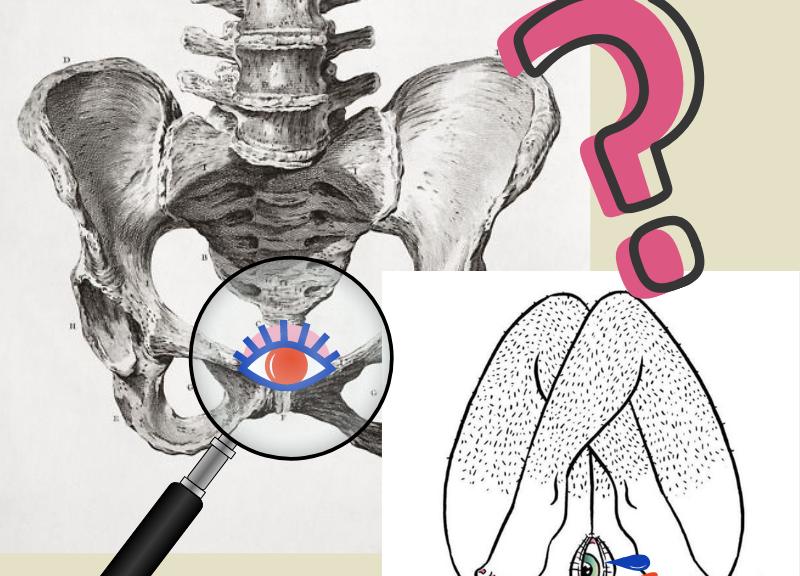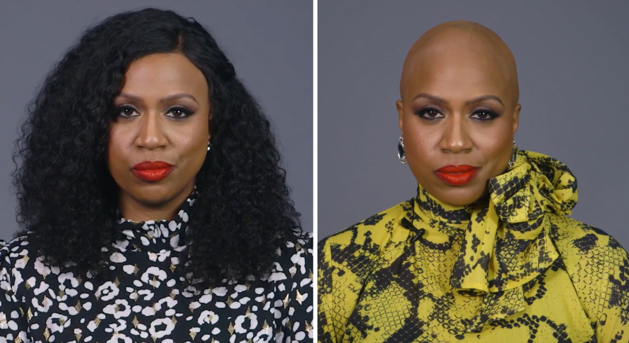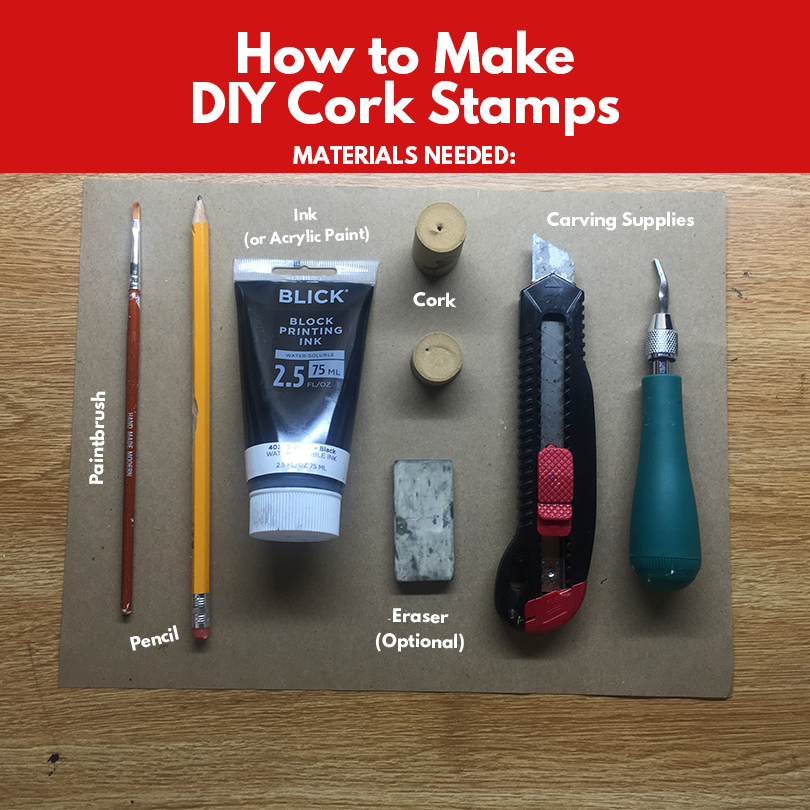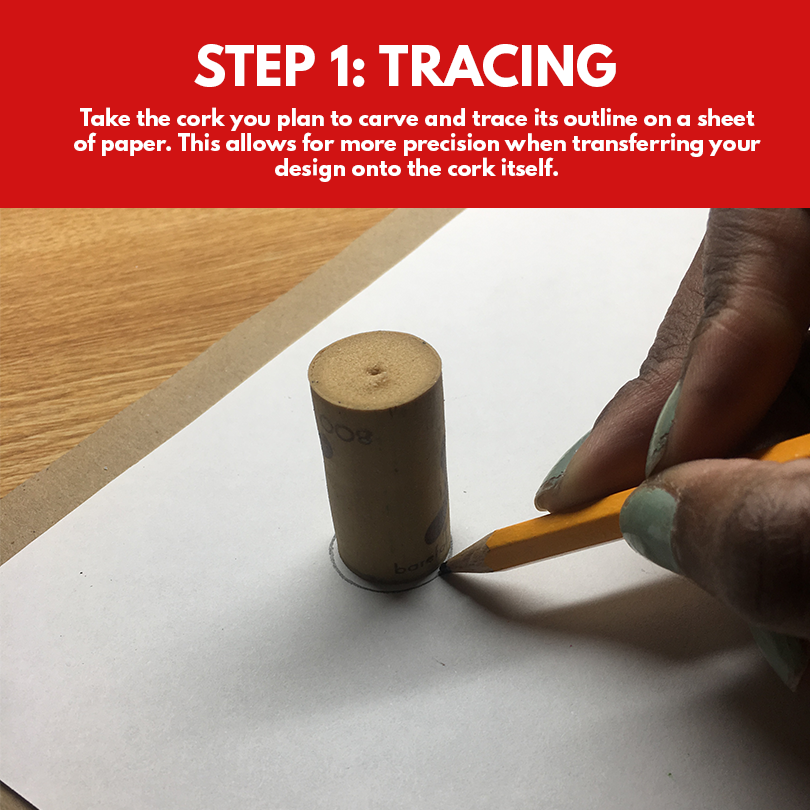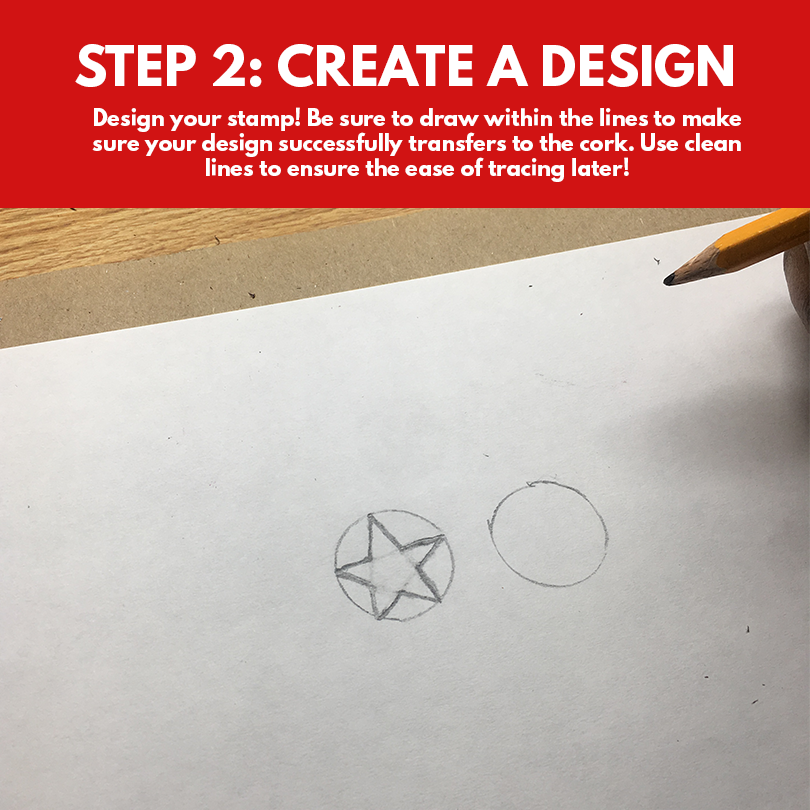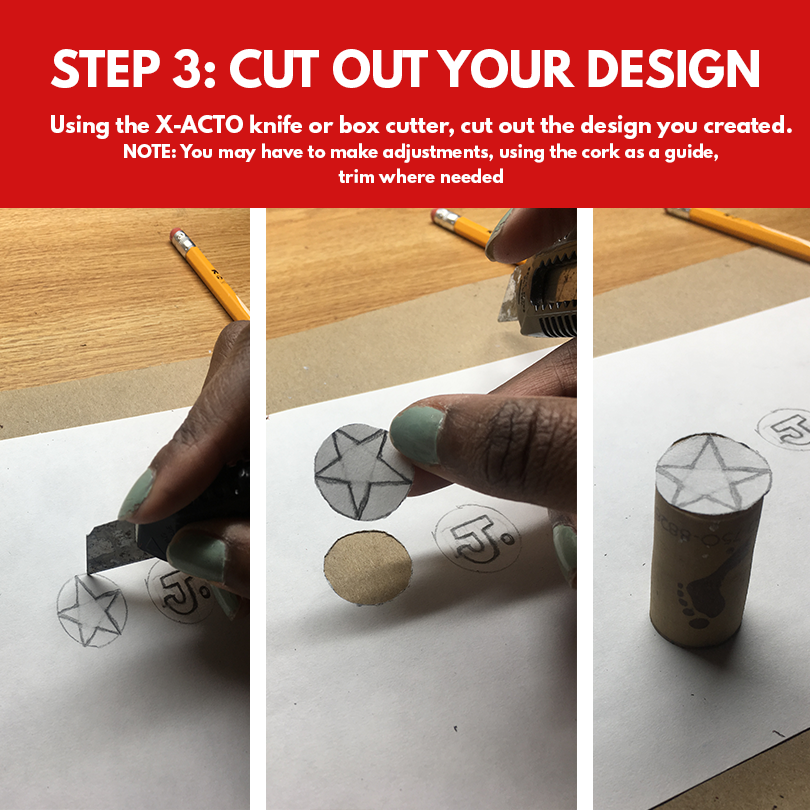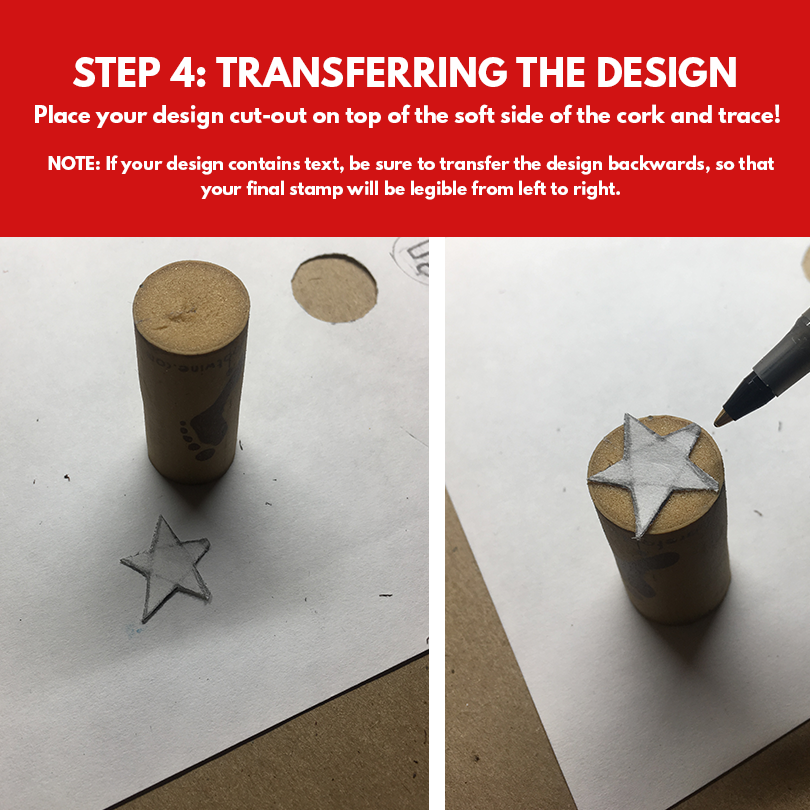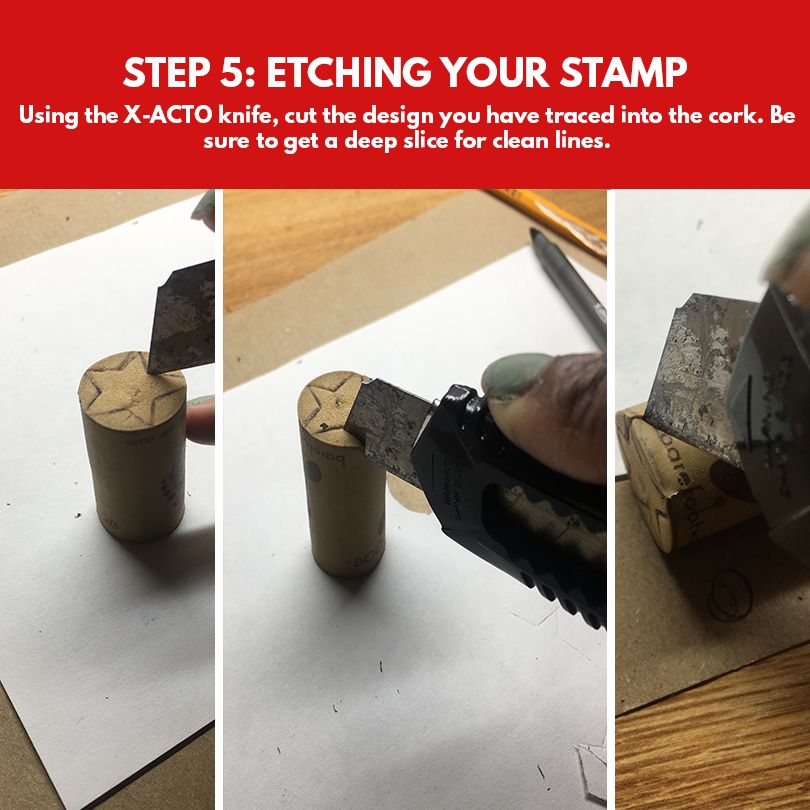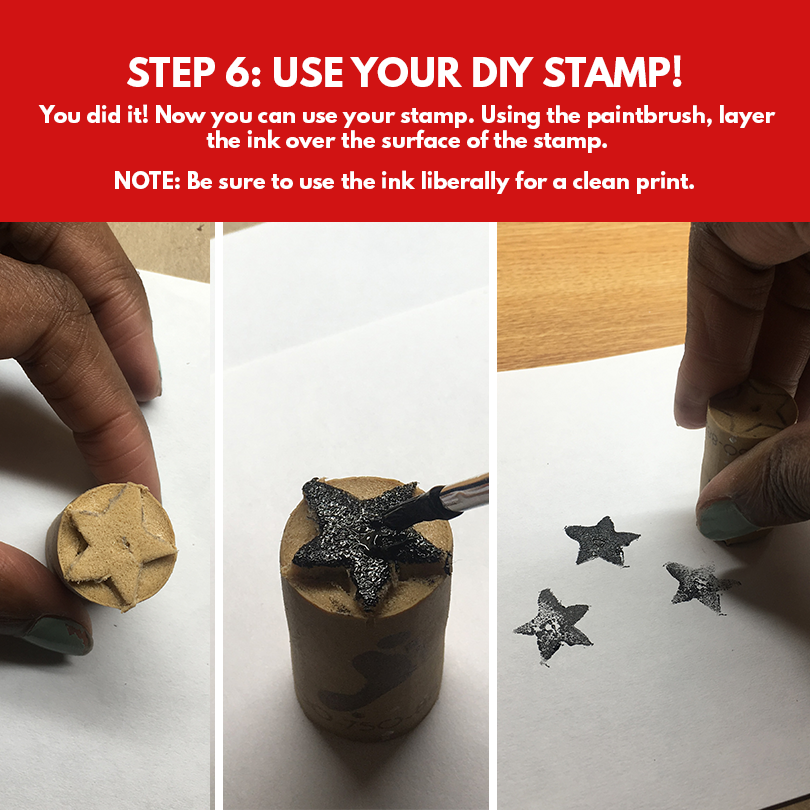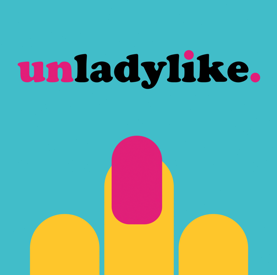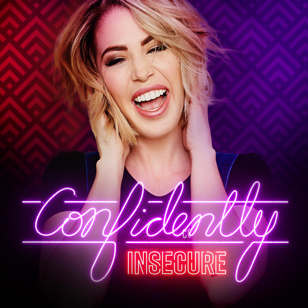By Sabrina Schnurr
“You're saying no because you're bitchy.”
Most high school students spend their weekends sleeping in, catching up on homework or spending time with friends. Kinn Badger, however, spent her weekends in Illinois and Georgia knocking on doors and walking in parades with senators.
After graduating from American University, Badger immediately hopped onto the campaign for Jon Ossoff for Congress; her efforts in the special election hoped to disrupt the long-safe Republican seat in Georgia’s 6th District. Although Ossoff was later defeated in a runoff election, the campaign broke national fundraising records for a U.S. House candidate (according to the New York Times), and it was the closest a Democrat had come to winning the 6th District since 1992.
Despite the loss, Badger drove 600 miles from Georgia to New Jersey to work on Vin Gopal’s 2017 campaign for New Jersey Senate. Months later, Gopal became the first Indian American to be elected to the New Jersey Senate, and his victory was described by NJ.com as “perhaps the biggest upset of the night.”
Badger, 25 and also Indian American, now serves as the executive director of the Monmouth County Democrats, where she is responsible for organizing all Democrat candidates and fundraising across the county’s 53 municipalities, 4th and 6th Congressional Districts, and four districts in the New Jersey Legislature.
—
Below is a segment of my interview with Badger, in which we discussed being a woman in politics and other issues she’s interested in pursuing.
Sabrina Schnurr: Do you think being a young woman has affected your experience in this position?
Kinn Badger: 100 percent. Definitely. I mean, people are sexist. Even within the Democratic Party. You feel it anywhere.
SS: How has that [sexism] been manifested?
KB: A lot of that is because there has only been male executive directors for a very long time. There was one woman over 10 or 15 years ago. Obviously ,the way I look has impacted me greatly. I've been called an intern, or told that I have no experience because I'm not from New Jersey. Maybe people are intimidated? I mean, that's a baseline of why I think someone would say those things to me. I've been called many names on the job—names that I know men would not be called. It's because a lot of times I tell them “no,” and the easiest way for them to deal with that is to say "Oh, you're saying no because you're bitchy." Bitchy is the classic one I get. Or when I say something, they respond, "Why is your attitude like that?" And my attitude is fine. I don't know what they’re referring to. Sometimes, they call me aggressive—oh, that's a classic! "You're so aggressive." No, I'm being assertive.
SS: How do you deal with getting called names?
KB: Well, it depends on the situation. Sometimes I'll say something back. But most of the time—I hate that I have to say this—I just let it go. It makes my job a whole lot easier when I don't have these hiccups. And it sucks because as a young woman—and a young minority, democratic female—a lot of the times I'm like, "This just makes my job 10 times harder." Because it's not going to go away. We’ve normalized this in the workforce no matter what career you're in. It's unfortunate.
SS: What do you think you would be doing if you weren't working in politics?
KB: That's a tough question for me because this is my life, and it's been my life for a very, very long time. I know this is probably a cop-out answer, but I would probably be more into advocacy work. I think politics and advocacy work well together, they go hand in hand. So that's why I said it was kind of a cop-out answer. I've always had an interest in Planned Parenthood, being a young woman. And especially with the change of climate right now regarding women's reproductive rights, I think that's a huge initiative that I would like to be a part of. It’s a part of my current career, but I don't get to spend as much time on it as I'd like.
SS: There’s a Planned Parenthood at the end of our campus in Boston, and there are protests out there that people have to walk through on their way to class, and it's not something you generally expect in Boston.
KB: Boston is a little more progressive than most areas. I've seen it, too, though. I've volunteered as one of those people that help bring other people into Planned Parenthood through the protests a couple of times before. It's really hard because Planned Parenthood has so many services besides abortion services, and most of the time women are coming for other services, but are judged for the former.
SS: What do your family and friends think of your job? I can assume your family's very supportive because it's been your life, but what do your friends think?
KB: It's really weird because a lot of my friends are in politics. So of course, they're really supportive. My friends who are not into politics or who have been my childhood friends for so long, they're just like, "Well, this is you. This is just what you love to do.” They say, “When I think of Kinn, I think of her trying to elect all these Democrats. That's just what she's always done her whole life." My friends have always been super supportive. Since 2016, I think my friends have changed in the sense that I don't interact with the ones that I don’t align with politically. I think this has happened because of my job and because it's hard to argue with them when this is what I do for a living. And they're like, "Well, but that's just not true." And I'm like, "But I do this for a living, and here are the facts to prove it." And they're like, "See, you're so into MSNBC and CNN." And I'm like, "Oh my goodness, that's not what this is at all." Right? I've definitely shifted towards having friends that align with me politically, maybe because of convenience or maybe it's because I know I'm going to be supported by them.
SS: Do you plan on running for office in the future?
KB: If I ran for office, I would want to run within my community. The Board of Ed[ucation] is something I've been looking into. I would not run for any sort of higher office because I work with candidates every single day, and I always say staffers make the worst candidates because you know everything that's happening behind the scenes. You're worried and focusing on all these things that are supposed to be happening behind the scenes when your main concern should be talking to voters and going door-knocking or making phone calls. So I would make a terrible candidate because I focus on all these other things, like how much money is in our bank account, or what's the theme of our next direct mail, or what's the opposition doing and all this other stuff rather than focusing on just trying to talk to my constituents. So I really, really like being behind the scenes.
We need more people supporting candidates and people running for office becoming staffers. It really isn't for everyone. I also say that I cuss way too much to be an elected official, but I really do like supporting people. Being an elected official is hard. You're constantly “on” all the time. I see this a lot, especially with [New Jersey Senator] Vin [Gopal]. He is just “on” everywhere he goes, whether it's just a quick bite to eat with his wife and someone spots him or just walking outside and constantly being “on.” That's so exhausting, and I know for myself, I just couldn't do that. I love people, but sometimes I'm also like, "All right, I'm done for the day."
—
Badger has no plans to run for office herself. Staffers make the worst candidates, she says, because they focus too much on logistics when their main focus should be talking to voters.
“I also cuss way too much to be an elected official,” Badger said.
Over the past 18 months, she has learned to embrace the responsibilities of a job she once found intimidating.
“I don’t think I'm a person who needs to have a gold star every time, but it’s the little things, such as when people come up to thank me,” said Badger. “That's why I do it.”

